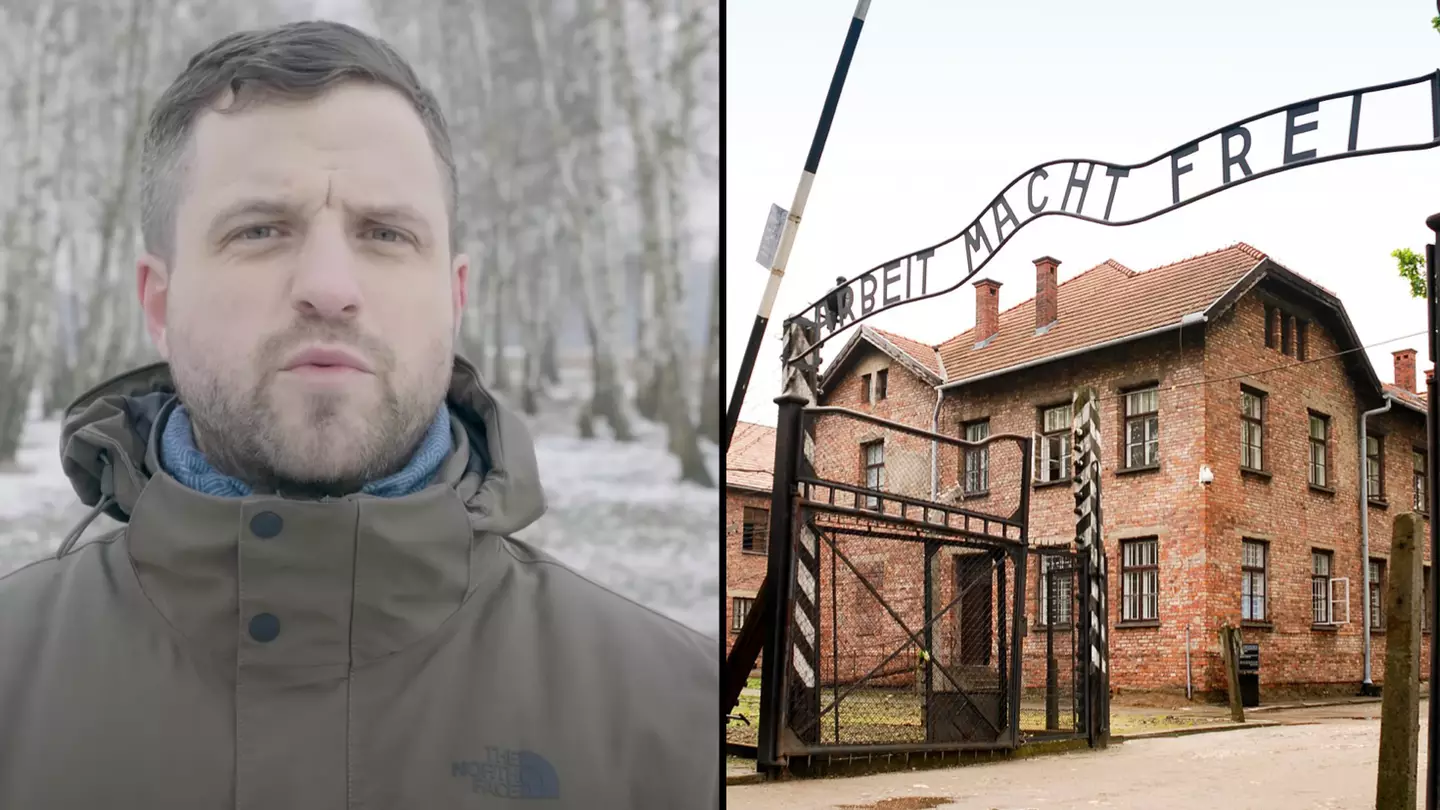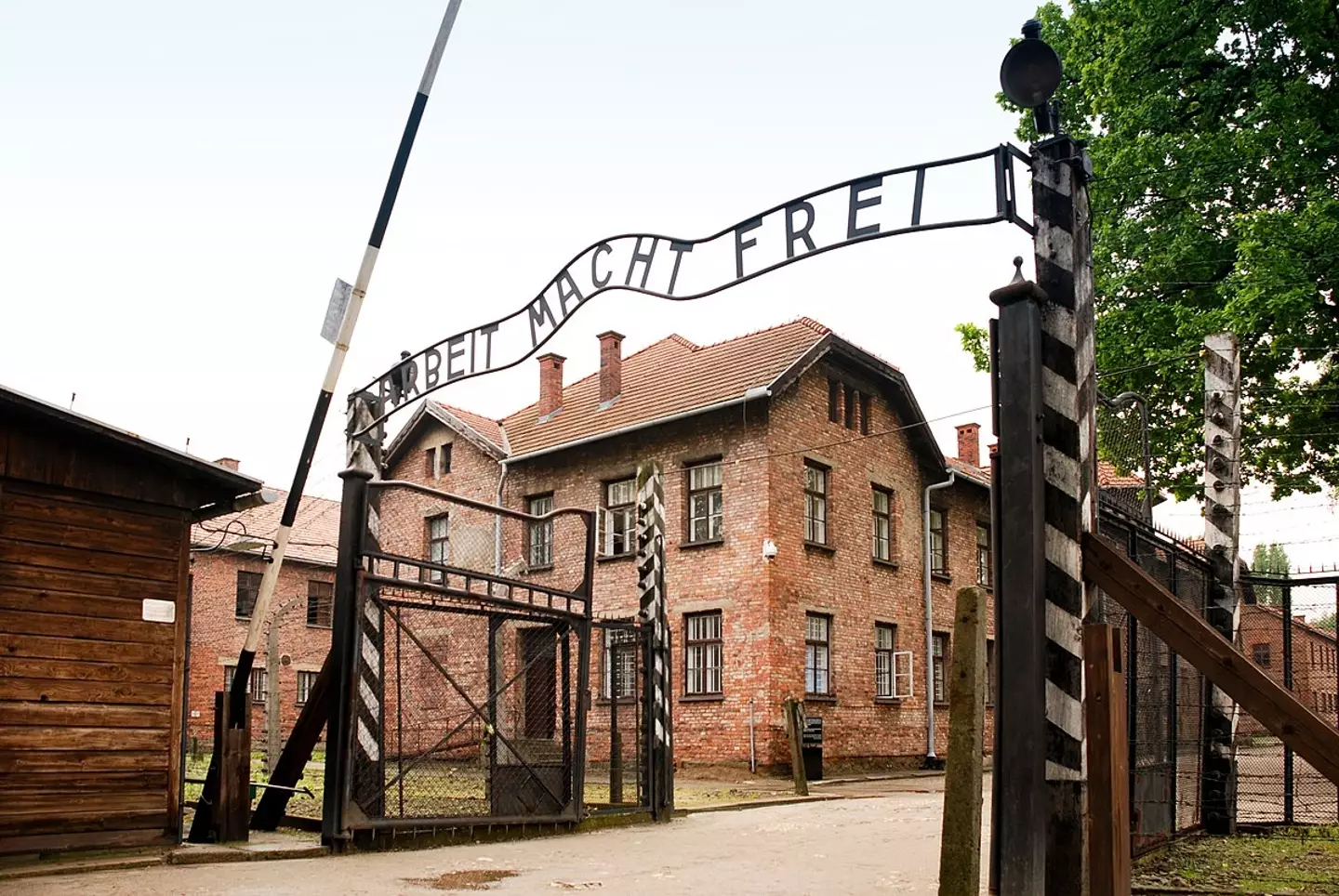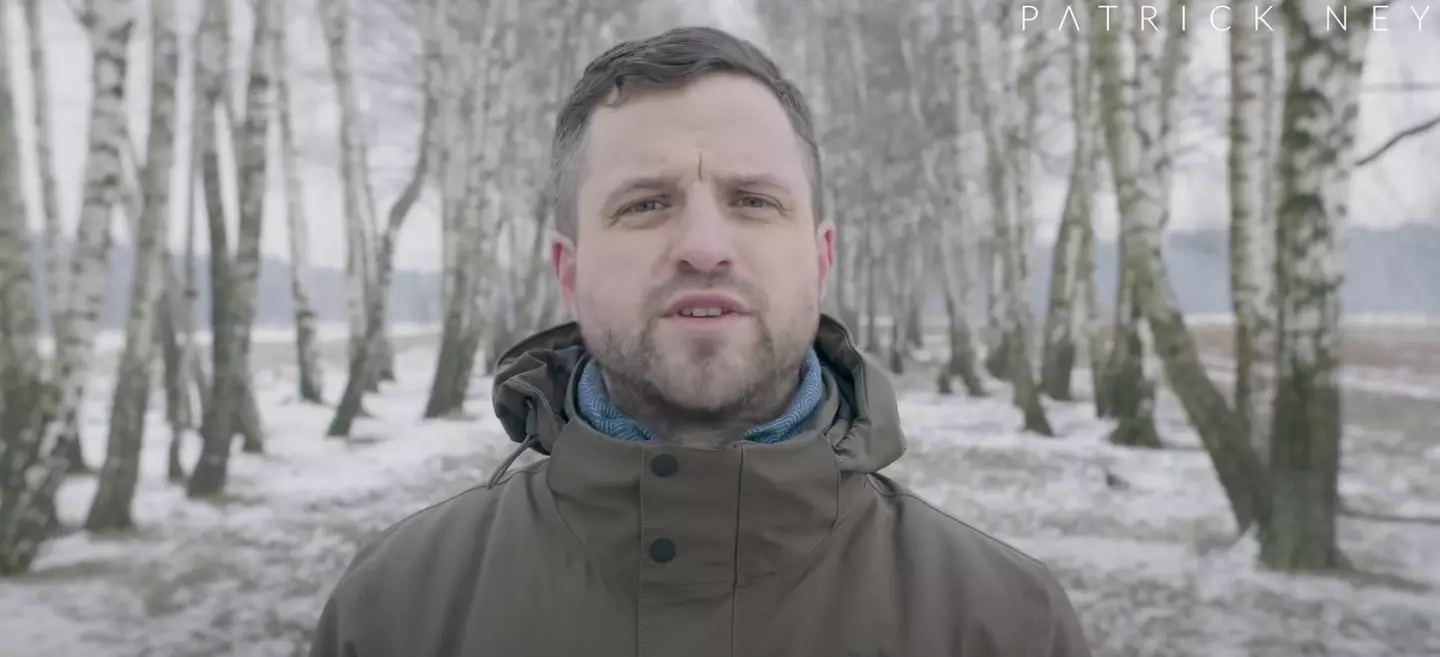
Visitors to the Auschwitz-Birkenau memorial and museum have been warned about getting their phones out for pictures at inappropriate times.
It's the site of one of the most terrible atrocities in human history and one of the most harrowing locations in the world, preserved to educate future generations about the horrors of the Holocaust.
The site of the former extermination camp still stands and accepts a large number of visitors each year.
One would hope that by learning from history we will not be doomed to repeat it, though there are some visitors who have been told off for not showing the proper respect when at the memorial.
In the past, the museum has had to remind visitors not to get pictures of themselves balancing on the train tracks which brought huge numbers of people to their deaths.
Advert
There are other issues with picture taking as well, as while the Auschwitz museum does allow people to take photos in certain locations there are times and places where taking out the phone for a picture is not appropriate.
"While on the grounds of the Museum, you are required to observe the appropriate solemnity and respect," the museum tells visitors, and that means things such as keeping quiet, dressing appropriately and not eating, drinking or smoking on site.
Phones and photos at inappropriate moments are also frowned upon and some visitors to Auschwitz are not happy that their fellow guests have been reaching for their gadgets all too often.
One visiting historian sent a sobering warning to people considering visiting Auschwitz to put their phones away.

"Our guide asked us not to take any photos, not to take any photos of shoes or human hair, or the suitcases because these are after all the possessions of people who have been murdered," he said, and taking photos in this particular part of the museum is expressly forbidden by the museum's rules.
"And the first thing every single tourist that was in my group did was whip out their phone and take a photo.

"It was so horrible to see the way that people were coming to this place, this terrible place, treated it almost as if it was like an amusement park."
The historian later returned to Auschwitz to record a film about a Polish priest who gave his life to save that of a stranger and said he saw 'exactly the same behaviour' the second time around.
He urged people who were thinking about going to Auschwitz and taking selfies while they were there to not go.
Topics: World News, World War 2